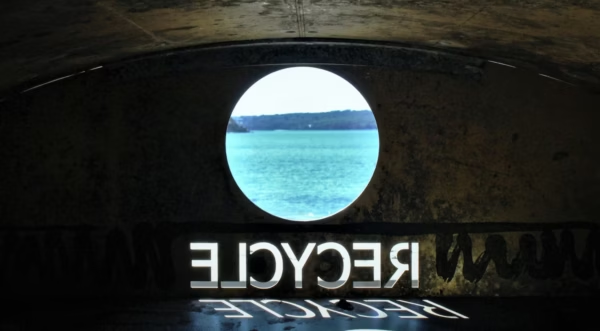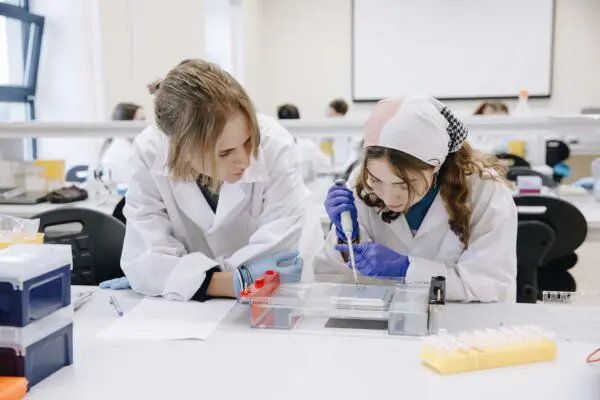
Zlin, Czechia
The Science and Technology behind the Environmental Protection
When:
04 August - 15 August 2025
Credits:
5 EC
Read more
Natural Sciences Summer Course
When:
04 August - 08 August 2025
School:
Institution:
University of Jyväskylä
City:
Country:
Language:
English
Credits:
2 EC

Quantum computers have been envisioned as transformative tools that could help us solve exponentially difficult problems with early applications in chemistry (catalysis, drug discoveries…) and material science. In these lectures, we will go through some of the main algorithms that have been proposed for quantum computing, critically analyze them (the lecturer is a quantum skeptic) and propose alternative classical algorithms that run on classical computers. Building on the modern computational toolbox that involve tensor networks and neural networks we will build algorithms that can be exponentially efficient, depending on the situation, and beat the “curse of dimensionality”. We will go through classic material (such as the celebrated DMRG algorithm and some quantum Monte-Carlo approaches) as well as more modern algorithms that are reshaping the field (such as the Tensor Cross Interpolation). In the practical session you will build your own code for solving a mildly difficult many-body problem: simulated quantum annealing using Rydberg atoms
Bachelor of science in Physics
- Basic knowledge of quantum mechanics.
- Some limited experience with one programming language for computation (any language will do, we recommend Python or Julia for beginners, Rust or C++ for more advanced programmers).
Advanced Bachelor’s students, Master’s students, PhD students and post-docs
After passing the course students should
Know some basic quantum computing algorithms for studying correlated electron systems
Identify efficient classical simulation techniques of quantum algorithms
Know tensor network and neural network approaches for simulation
Be able to solve the ground state of Rydberg atoms using a Density Matrix Renormalization Group (DMRG) algorithm), a Variational Monte Carlo (VMC) and a Green’s Function Monte Carlo (GFMC) method
When:
04 August - 08 August 2025
School:
Institution:
University of Jyväskylä
Language:
English
Credits:
2 EC

Zlin, Czechia
When:
04 August - 15 August 2025
Credits:
5 EC
Read more

Brighton, United Kingdom
When:
28 July - 22 August 2025
Credits:
15 EC
Read more

Tartu, Estonia
When:
28 July - 07 August 2025
Credits:
2 EC
Read more